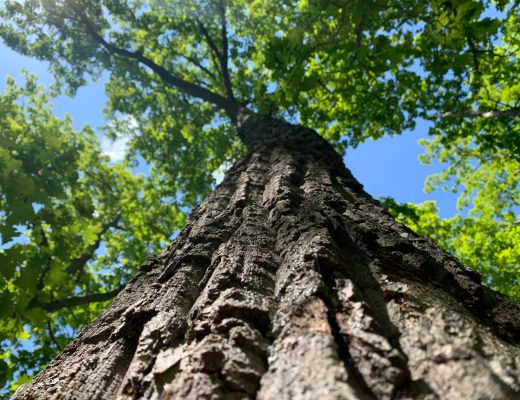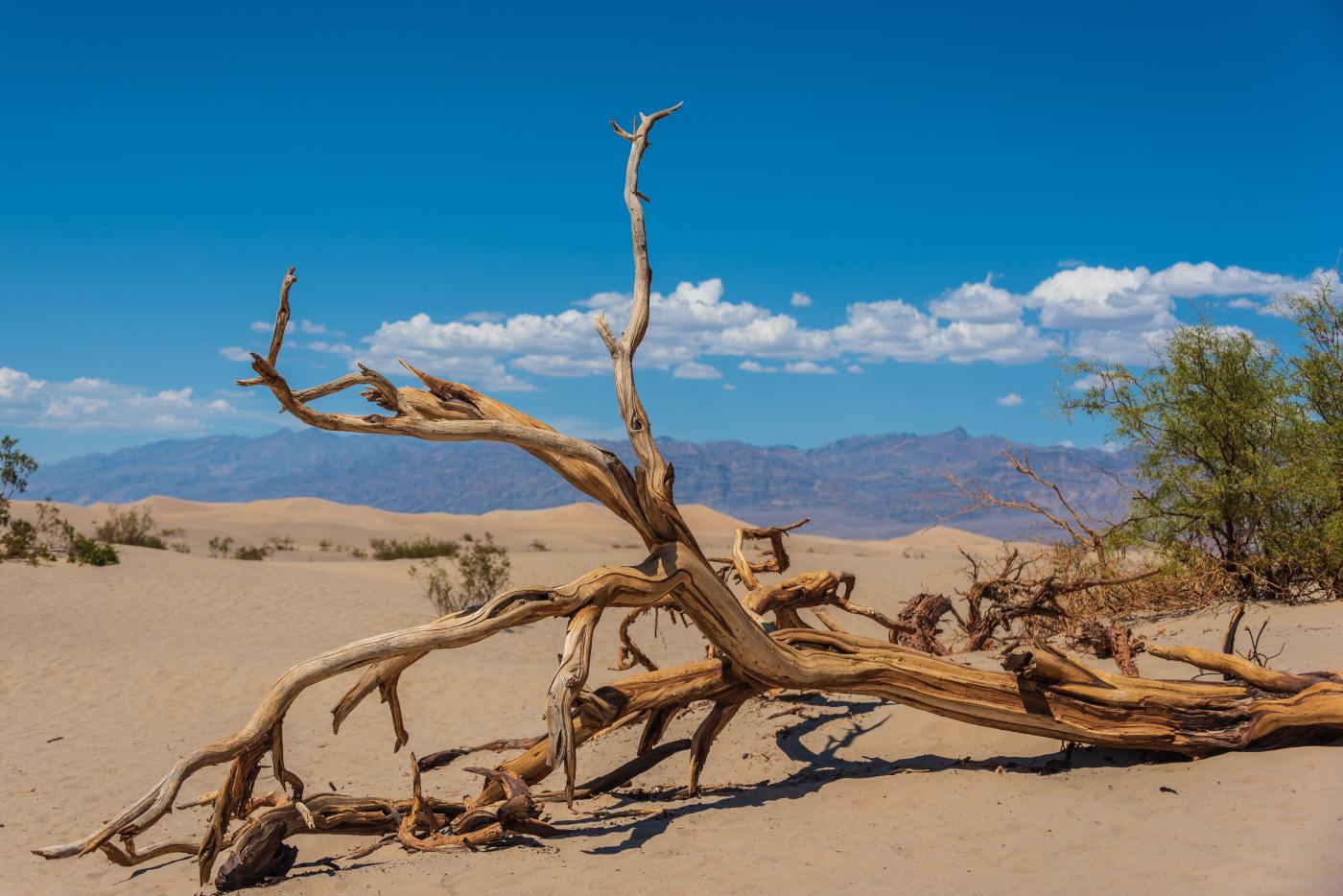“We do not receive wisdom, we must discover it for ourselves, after a journey through the wilderness which no one else can make for us, which no one can spare us, for our wisdom is the point of view from which we come at last to regard the world.” – Marcel Proust
One morning not so very long ago I awakened with the profound realization that I exist. It seems kind of laughable typing (and no doubt, reading) those words. But this ‘realization’ is one of the things that the mystics tell us we routinely overlook or altogether miss. It was absolutely jarring and I lay there for a long time simply reflecting on being.
You exist. And in and of itself, that is incredible. I mean, you don’t have to exist, do you? But you do and it’s absolutely remarkable if you take the time to really consider it.
We get all weak-kneed when we think about the chance of an ‘intelligent life form’ other than us in this vast cosmos. Yet why don’t we get weak-kneed about our own existence? The sentience, the sense of presence, of simply being aware can be absolutely mind-blowing. And throughout our lives we take it for granted. We’ll gasp over a mountaintop vista or island sunrise, but pay absolutely no heed to the awareness that makes such things possible.
If you didn’t exist what would become of the universe? Where does all of existence ‘go’ when you fall into sleep at night? The universe is predicated on your conscious awareness of it. Yet it’s also predicated on my existence. And that of the guy next door.
And this is what gets us into so much trouble, provokes so much anxiety and fear in the human mind. “I’m separate, alone.”
We develop concepts like ‘love’ and ‘commitment’ as much out of fear as attraction. Don’t leave me here by myself, tell me everything will be OK, hold my hand, touch me. Or we build walls to protect ourselves from the fear, from hurt, from any hint of the truth of our aloneness. Anyone with children has witnessed – and comforted against – such fears many, many times. Don’t imagine that these fears have left you, that in the wisdom of your adult years you’re over all that. It’s still there, manifesting itself in all kinds of subtle ways (emotional barriers, co-dependence, addictions, etc.).
We mourn the death of a loved one not so much for them as for us – at least the dead have (hopefully) got it all figured out. We’re still stuck here waiting our turn. And when our turn comes – assuming we’re given advanced warning – we ‘rage against the dying of the light’ until, at last, we ‘make peace’ with the inevitability of it, our mind placating itself with talk of God and angels and heaven, of the pre-deceased awaiting our ‘return home’ and so on. As with so much of our lives, we really haven’t a clue what we’re talking about but it rarely stops us from trying.
To deal with this omnipresent anxiety we create a life story and reinforce it every chance we get. “I am this” and “I think that” we announce to ourselves and the world. This gives us a sense of control, the (distorted) notion that we’ve somehow got a handle on things, are figuring it all out.
Ironically, the story of ‘me’ only adds fuel to the very fear we seek to overcome, because in its telling we maintain our own sense of separation. As Wei We Wei wrote: “Why are you unhappy? Because 99.9% of everything you think and of everything you do is for yourself….”
As noted in the previous post, at some point the material search for a lasting peace and happiness is seen as hopeless and we shift to a “spiritual path.” Yet the spiritual path, when examined closely, is still fixated on the story of me, on “helping ME find peace and happiness and love and joy and so on.” In a sense we are revisiting that childhood search for a parental deity (in this case, God) to ‘make it all better.’
But has any parent ever created permanent happiness in a child? No sooner is the child placated, fear abated, or need met than two or three new issues arise. Does this change with age, do any of us find a lasting peace with the church, with religion, with the next big prayer to God? We may cling to our thoughts of God for a long, long time, but eventually the fear sees through this as well, and God is at last abandoned.
When the material and immaterial have been exhausted, what is left?
I am.
Not surprisingly, it is this sense of “I am” – the source behind my early morning ‘realization’ and which resides within us all – that the mystics urge us to investigate. Who or what is this “I” that seems to reside behind the curtain, the one that is with us from childhood to old age yet itself never seems to age or change or really give a shit what kind of problem we’ve gotten ourselves into today? What is this ‘I am’ that resides within you and me and everyone else on this planet?


